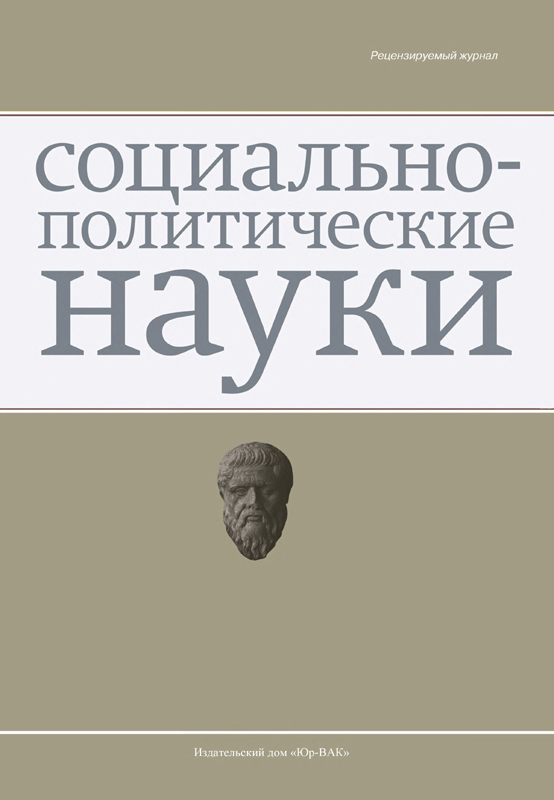Strategic Instability as a Result of Modern Information and Communication Strategies Functioning
- Authors: Molodtsov I.N.1, Osmolovskaya D.V.1
-
Affiliations:
- Financial University under the Government of the Russian Federation
- Issue: Vol 12, No 4 (2022)
- Pages: 63-67
- Section: Articles
- URL: https://journals.eco-vector.com/2223-0092/article/view/535776
- DOI: https://doi.org/10.33693/2223-0092-2022-12-4-63-67
- ID: 535776
Cite item
Abstract
The purpose of the research. The article is about the phenomenon of “strategic instability” as a result of the implementation of various information and communication technologies in the modern media space. Considering strategic instability as a state of existing social systems, the authors subject the ideas and concepts of “controlled chaos”, “new normal” and “end of history” to a socio-philosophical analysis. Conclusions. Modern information and communication strategies have a negative impact on the functioning of various social structures (the creation of “new”, deconstruction, decomposition, destruction), the formation of public consciousness, the construction of the agenda and the geopolitical situation on the world stage, etc., as a result of which strategic instability is comprehended society as the norm of modern life, and the existing threats to state are not perceived at the proper level. It seems that the way out of this situation is to use the methodology of information and strategic modeling (creation of virtual projects of “state systems as a future reality”).
Full Text
About the authors
Igor N. Molodtsov
Financial University under the Government of the Russian Federation
Email: inmolodtsov@fa.ru
Cand. Sci. (Polit.), Associate Professor; Head of the Department of Mass Communications and Media Business Moscow, Russian Federation
Daria V. Osmolovskaya
Financial University under the Government of the Russian Federation
Email: dvnvn99@mail.ru
Faculty of Social Sciences and Mass Communications Moscow, Russian Federation
References
- Beck U. What is globalization? M., 2001.
- Blyakher L.E. Unstable social conditions. Moscow: Russian Political Encyclopedia (ROSSPEN), 2005.
- Mann S. Chaos theory and Strategic Thinking. Moscow, 1998.
- Panarin A.S. Strategic instability in the XXI century. Moscow, 2003.
- Pivovarov D.V. Chaos. In: Social Philosophy: Dictionary. Comp. and ed. V.E. Kemerov, T.H. Kerimov. M., 2003.
- Prigozhin I. Philosophy of instability. Questions of Philosophy. 1991. No. 6. Pp. 51-52. (In Rus.)
- Fukuyama F. The end of history and the last man. Moscow, 1992.
- Chaos management [Electronic resource]. URL: http://eurasian-defence.ru/?q=node/34750 (data of accesses: 17.07.2022).
- Controlled chaos and its consequences [Electronic resource]. URL: https://core.ac.uk/download/pdf/337278557.pdf (data of accesses: 21.07.2022).
Supplementary files









